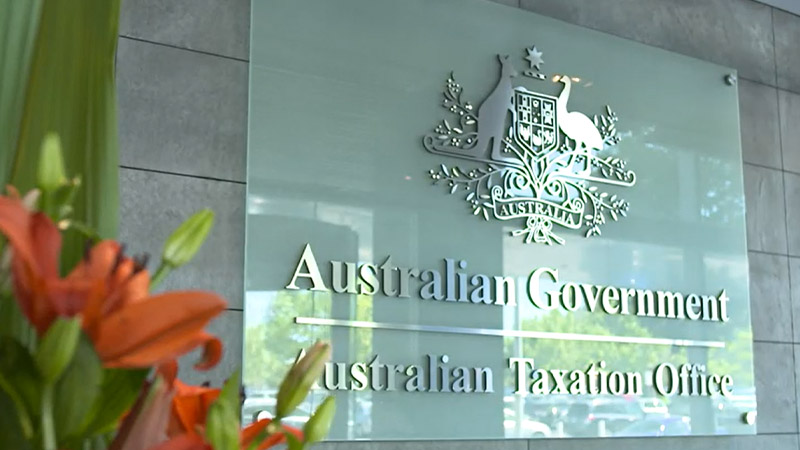Further clarity provided on evidence requirements for valuations
The ATO has provided further information on what evidence SMSF trustees should be providing to their auditor in order to meet regulation 8.02B.
In an online update, the ATO stated that prior to Regulation 8.02B coming into effect on 7 August 2012, unless the fund was paying a pension or held in-house assets, trustees could provide a valuation for fund assets every three years.
“This is no longer sufficient, and assets must be reported at market value every year with evidence to support the valuation,” it reminded SMSF trustees.
When valuing real property, the ATO said an SMSF trustee may consider using a qualified independent valuer, especially where the property represents a significant proportion of the fund’s value.
While the ATO noted that an external valuation is not required every year, where the value of the property has since been affected by events such as a natural disaster or COVID-19, they should no longer rely on it and obtain a new valuation or other sources of evidence supporting the valuation.
“Each year, trustees must provide objective and supportable evidence in accordance with the requirements under our SMSF valuation guidelines to their auditor,” the ATO said.
“Real estate agent appraisals stating what the property is likely to sell for based on sales in the area, without listing details of those sales, would not on its own be sufficient and appropriate.”
The evidence, it said, also needs to support a market value for the property as close as possible to 30 June, especially where the market is potentially volatile.
The ATO provided a list of some of the documentation it considers acceptable evidence for substantiating the market value of real property other than an external valuation.
It also noted that a single item of evidence will not be sufficient on its own unless the property has been recently sold.
“We suggest a variety of sources of evidence to support compliance with regulation 8.02B which may include independent appraisals from a real estate agent, contract of sale if the purchase is recent and no events have occurred to the property that could materially impact its value since the purchase, recent comparable sales results and a rates notice,” it stated.
The trustee could also provide net income yield where it is a commercial property, it said. This would not be sufficient on its own, however, and only appropriate where tenants are unrelated.
“During the 2020 and 2021 financial years, if the trustee has difficulty obtaining valuation evidence due to the impacts of COVID-19, auditors should still consider modifying Part B of the audit report and lodge an ACR if necessary,” it stated.
“They should provide reasons on the ACR as to why the trustee was unable to obtain the appropriate evidence.”
If the ATO is satisfied that it was due to the impacts of COVID-19, the contravention will not result in penalties.
“Instead the trustee will receive a letter from us advising them to ensure they comply with our valuation guidelines and have supporting valuation evidence by the time of their next audit if possible, as repeated contraventions can lead to penalties,” it explained.

Miranda Brownlee
Miranda Brownlee is the deputy editor of SMSF Adviser, which is the leading source of news, strategy and educational content for professionals working in the SMSF sector.
Since joining the team in 2014, Miranda has been responsible for breaking some of the biggest superannuation stories in Australia, and has reported extensively on technical strategy and legislative updates.
Miranda also has broad business and financial services reporting experience, having written for titles including Investor Daily, ifa and Accountants Daily.








